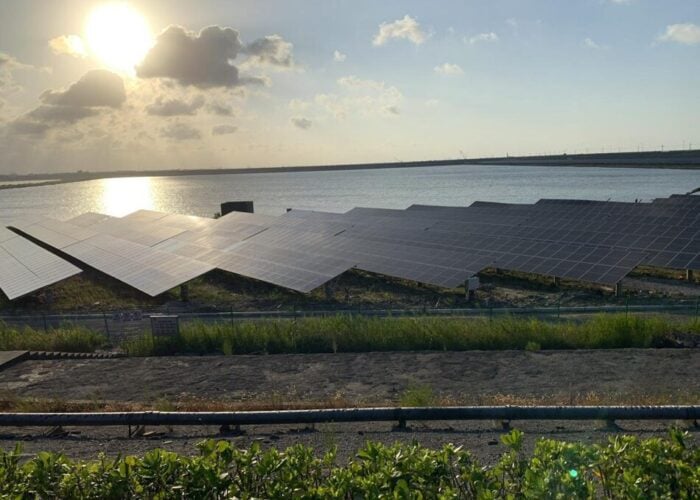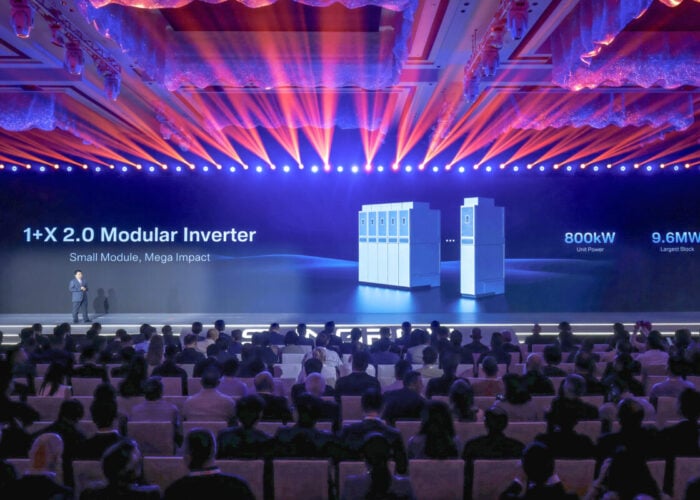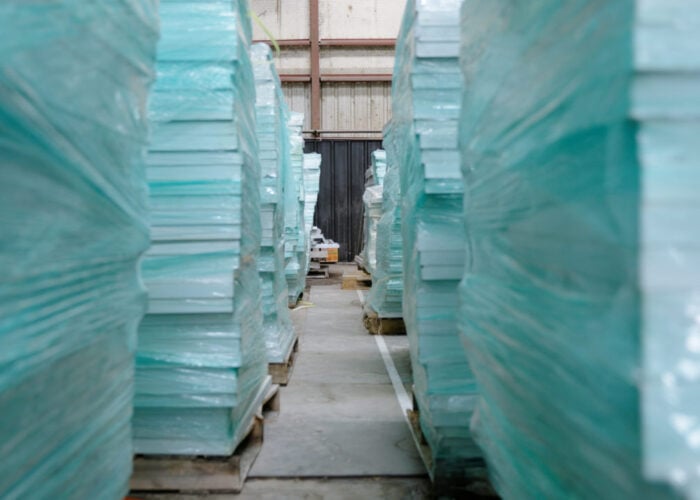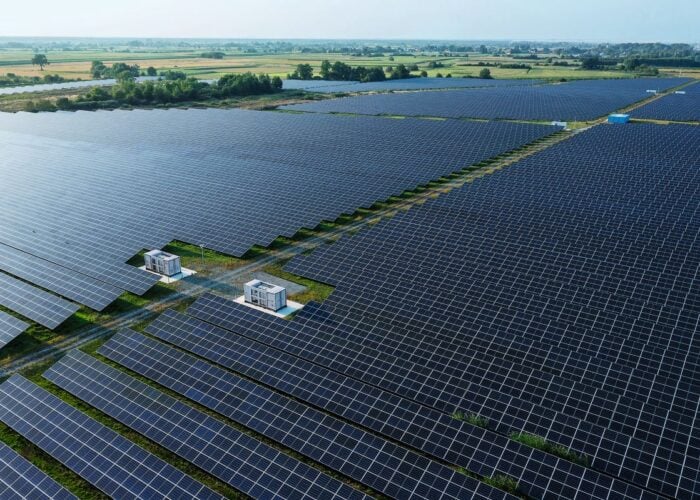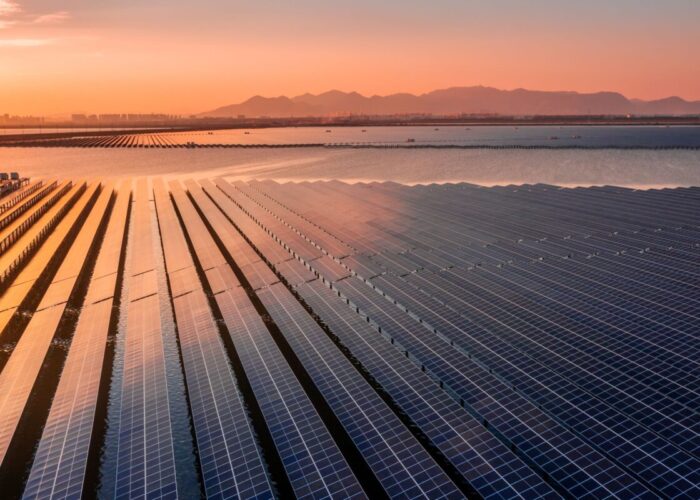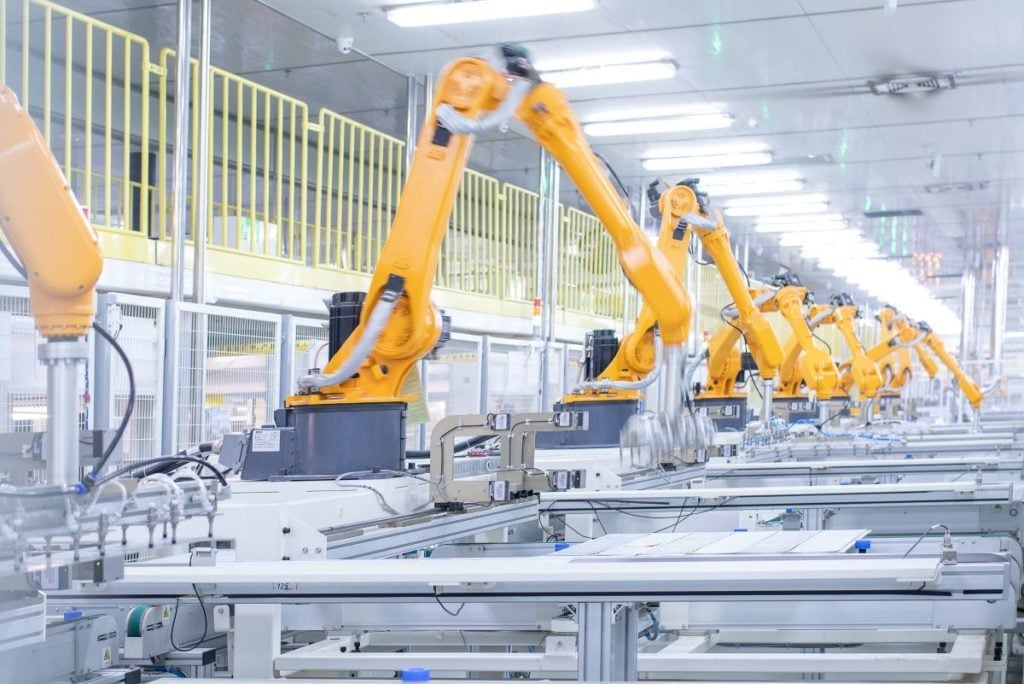
Major Chinese solar manufacturer JinkoSolar has posted increased sequential shipments and revenues in its Q2 2024 results.
In the three months to the end of June 2024, JinkoSolar generated RMB24.05 billion (US$3.31 billion) in revenues, a 4.4% increase on Q1 2024. Gross profit was RMB2.68 billion, down 2.1% sequentially, and gross margin was 11.1%, down from 11.9% in Q1.
Unlock unlimited access for 12 whole months of distinctive global analysis
Photovoltaics International is now included.
- Regular insight and analysis of the industry’s biggest developments
- In-depth interviews with the industry’s leading figures
- Unlimited digital access to the PV Tech Power journal catalogue
- Unlimited digital access to the Photovoltaics International journal catalogue
- Access to more than 1,000 technical papers
- Discounts on Solar Media’s portfolio of events, in-person and virtual
Or continue reading this article for free
Overall, the company’s net loss attributable to shareholders for the quarter was RMB 100.7 million , a fairly sharp decline from net profit of RMB609.4 million in Q1 2024.
As with most major solar manufacturers, year-on-year (YoY) financial comparisons between 2024 and 2023 show significant declines even as shipments and market demand have increased. This is down to what JinkoSolar CEO Xiande Li called: “increasingly irrational low prices along the supply chain.”
Our PV Price Watch series has been charting the decline in silicon, wafer, cell and module prices over the last one to two years (premium access).
Compared with Q2 2023, JinkoSolar’s most recent revenues were down 21.6% YoY and gross profit fell 44% YoY. Q2’s net shareholder loss of RMB 100.7 million compares with profits of RMB1.31 billion in Q2 2023.
Simultaneously, total quarterly shipments increased by 36% YoY. The company shipped 23.8GW of solar modules and 1.49GW of solar cells and wafers over the quarter, combining to a total of 25.3GW compared with around 21GW in Q1 2024.
Li said: “By the end of the second quarter, we became the first solar company in the world to have reached accumulative module shipments of 260GW, covering nearly 200 countries and regions. This again demonstrated the strength of our globalisation strategy. Prices in several segments of the industry chain declined slightly on a sequential basis leading us to adjust our production scheduling strategy and utilization rates for different processes. We also optimised our supply chain strategy to control costs.”
He continued: “Overall, global demand showed fast growth momentum in the first half of 2024. The newly added installations in China totalled 102.4GW, up 30.7% year-over-year while total solar module exports increased by around 20% year-over-year. Thanks to our global footprint and competitive products, by the end of the second quarter, the visibility of our order book for 2024 exceeds 80%, enabling us to maintain an industry-leading utilisation rate, particularly nearly 100% for n-type cells.”
Technologically, JinkoSolar has continued developing and expanding its n-type tunnel oxide passivated contact (TOPCon) cells and modules.
“We firmly believe that TOPCon technology still delivers the best economic performance in terms of cost, mass production yield, intellectual property protection, and customer acceptance, with further room for cost reduction and efficiency increase,” Li said.
Data published in the International Technology Roadmap for Photovoltaics (ITRPV) earlier this year forecast that n-type TOPCon cells will account for over 60% of market share by 2026.
Recent studies have cast some doubt about the durability of TOPCon modules under adverse conditions. One in particular, from the University of New South Wales (UNSW), found that TOPCon modules endured “significant” degradation under damp heat conditions compared with p-type passivated emitter rear contact (PERC) modules.
Looking to the end of 2024, JinkoSolar expects its full year shipments to be between 100GW and 110GW. The company has also announced plans for a new, 10GW TOPCon cell and module production facility in Saudi Arabia.

